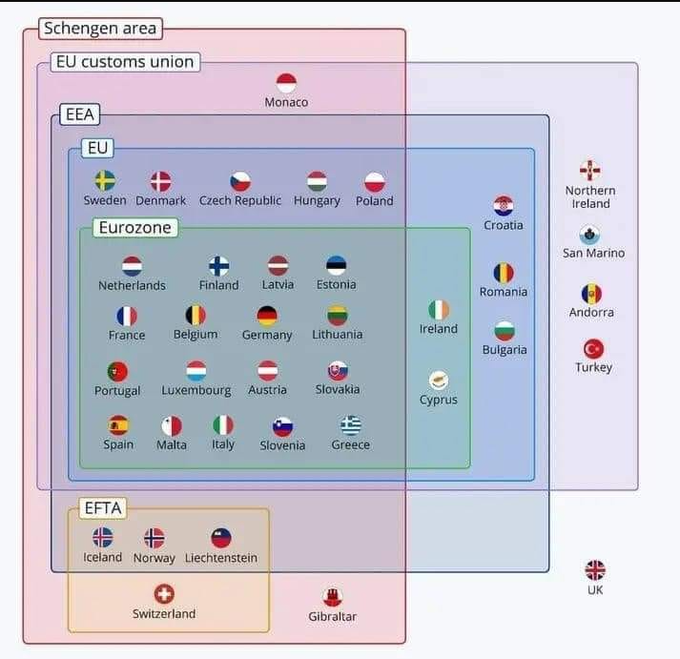
#THREAD
A #strike is a withdrawal of labour by a worker, often under the instruction of a trade union.
Strikes have been happening since the workers at the Royal Necropolis at Deir el-Medina in Egypt organised an uprising in 1152 BC over late wages.
worldhistory.org/article/1089/t…
A #strike is a withdrawal of labour by a worker, often under the instruction of a trade union.
Strikes have been happening since the workers at the Royal Necropolis at Deir el-Medina in Egypt organised an uprising in 1152 BC over late wages.
worldhistory.org/article/1089/t…
British industrial action has a much shorter, but turbulent, history. There were withdrawals of labour in the medieval & early modern periods, although these were organised by small groups of craft workers in contravention of legislation such as the Statute of Artificers (1563).
Between 1696-1720s, the Journeymen of Feltmakers negotiated with employers & occasionally called strikes. London tailors did much the same from the 1720s, but the Combination Acts prevented workers combining in a trade union, prohibited such action, & wages were fixed by statute.
In 1715, the woollen weavers struck against an attempt to impose a factory system to their work. The West Country weavers struck in 1764 when threatened with wage reductions. There were more than 300 strikes between the 1720s & the 1790s.
#joinaunion
#joinaunion
Workers in about 80 trades were individually faced with a Combination Act which banned workers from combining in unions. The Combination Acts of 1799 & 1800 merely gathered these acts together in a general attack upon combination of workers.
#joinaunion
#joinaunion
In Britain, documented strike action started in the 17th century, when groups of skilled workers used brief periods of industrial action to get better conditions of work & pay.
eprints.hud.ac.uk/id/eprint/3042/
eprints.hud.ac.uk/id/eprint/3042/
During the 18th century, legislation made strikes illegal.
But when the Trade Union Act of 1871 allowed trade unions to become legal bodies, a flurry of industrial activity occurred in industries such as coal mining & textiles, as new unions fought for better conditions.
But when the Trade Union Act of 1871 allowed trade unions to become legal bodies, a flurry of industrial activity occurred in industries such as coal mining & textiles, as new unions fought for better conditions.
A widespread workers' consciousness formed in the UK from the peak of the Chartist movement in the 1830s, leading to a wave of strikes in 1842, widely viewed as the first time that a large body of workers organised themselves in a politically-motivated action to win concessions.
The biggest strike in history is difficult to assess, but on the definition of days lost to strikes and the number of workers involved, this would – in Britain at least – have been the General Strike of 1926.
#joinaunion
#joinaunion

This was when the Trades Union Congress (TUC) brought the members of six transport and communication unions, such as the National Union of Railwaymen and the Amalgamated Society of Locomotive Engineers and Firemen, out in support of the miners who had been locked out.
The miners were led by Arthur J Cook and Herbert Smith, who famously resisted the coal owners with the catchy phrase: “Not a Penny off the Pay, Not a Minute on the Day.”
spartacus-educational.com/TUcookAJ.htm
spartacus-educational.com/TUcookAJ.htm
It is possible that some of the locked-out figures appear in the final number, but in 1926, some 2,750,000 workers were on strike, costing the nation 162,230,000 days lost.
#joinaunion
#joinaunion
Assuming the figures include those on the General Strike & the miners who were locked out, this suggests about 2,550,000 people were not working because of this dispute, and that around 92% of the days lost on strike were down to the General Strike and the coal lockout.
Collective action in the UK in UK labour law is the main support for collective bargaining. Since 1906, the right to strike has attained the status of a fundamental human right, protected in domestic case law, statute, the European Convention on Human Rights & international law.
• • •
Missing some Tweet in this thread? You can try to
force a refresh








